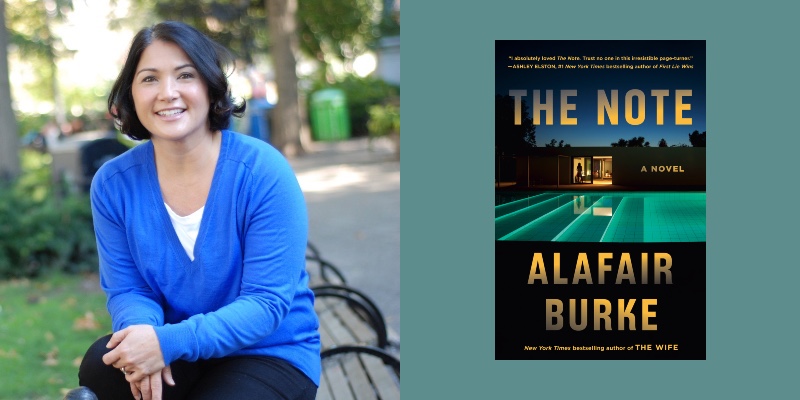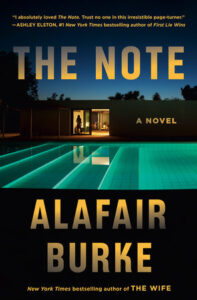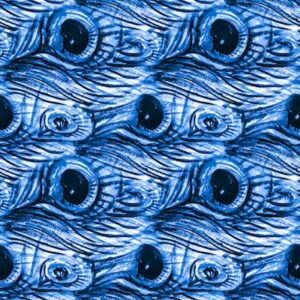(Ed. note: In Alafair Burke’s new book, The Note, three women have struggled to maintain their privacy due to the internet, so we asked Burke how she feels about her own use of social media.)
Social media isn’t the real world. We know this. It spews out disinformation. It’s rife with scammers. The carefully curated images posted there create a distorted perception that everyone is richer, happier, and more beautiful than any actual person can be. My latest novel highlights the toxicity of online culture, so harmful that Australia recently banned social media use by children under 16. Despite all that, I credit my own initial ventures into the online universe with helping me learn how to be my true self in the real world.
Prior to my leap into social media, I had more personalities that Sybil. Compared to most, our family moved a lot, then I went to college where I knew no one, and same again for law school. Southern Florida, Wichita, the Pacific Northwest, Silicon Valley, Buffalo, Manhattan. Professionally, I was a shape shifter as well. I clerked for a liberal judge then went directly to a prosecutor’s office and eventually to the hallowed halls of legal academia, from which I began to write…crime novels. By the time MySpace users were beginning to migrate to something called Facebook, I was spending my days in a classroom and my nights as a brand new New Yorker, checking out boujee bars I’d seen on Sex and the City.
Somewhere along the way, I got used to adapting. I’d talk theory with my professor friends. Cases with the practitioners. Pop culture and industry stuff with fellow authors. I’d frump myself up for school, saving my fashion-victim wardrobe experiments for the later hours in SoHo. I unconsciously tailored my outward persona as I believed the context required.
And then my publisher pushed me to go online. Social media was the new book tour, I was told. I worried. A lot. I wanted the books to be out there in the world, but not me. My peers would see what I posted. My students would see. OMG, as we were just beginning to say.
I began with trepidation, not wanting to share myself with an audience I could not control. I started by posting only about books. But then similarly-pressured writer friends found me, striking up public conversations about vacation spots, favorite restaurants, and the very best online content—our dogs! Then came the long-lost high school friends posting photos that could have remained lost longer. There were also the academics, even a couple whose Kingsfieldian personas were so well honed I never would have imagined they watched Arrested Development or read mystery novels. Suddenly all my audiences were in one place, getting to know the parts of me I had unknowingly kept from them. In the wise words of George Costanza, “Worlds are colliding!”
When an esteemed professor messaged me on Facebook about a blog post I’d written about The Shield (did I mention this was a long time ago?), I realized I had lost all control over my professorial image, but, amazingly, nothing happened. They didn’t revoke my faculty ID card. My students didn’t demand a tuition refund. My law review articles still got published. Readers still followed me even after learning about my nerdy obsession with puzzles and Venn diagrams, weakness for yacht rock, and apparently sacrilegious aversion to dark chocolate. I gradually noticed the different sections of my closet beginning to meld as even my outfits required less code-switching.
I was still the same person, and yet, at almost forty years old, I felt for the first time like I had finally found my personality—all my prior identities at last integrated into one woman, love her or hate her. Fifteen years later, I can still say that, ironically, I found the real me online.
***


















